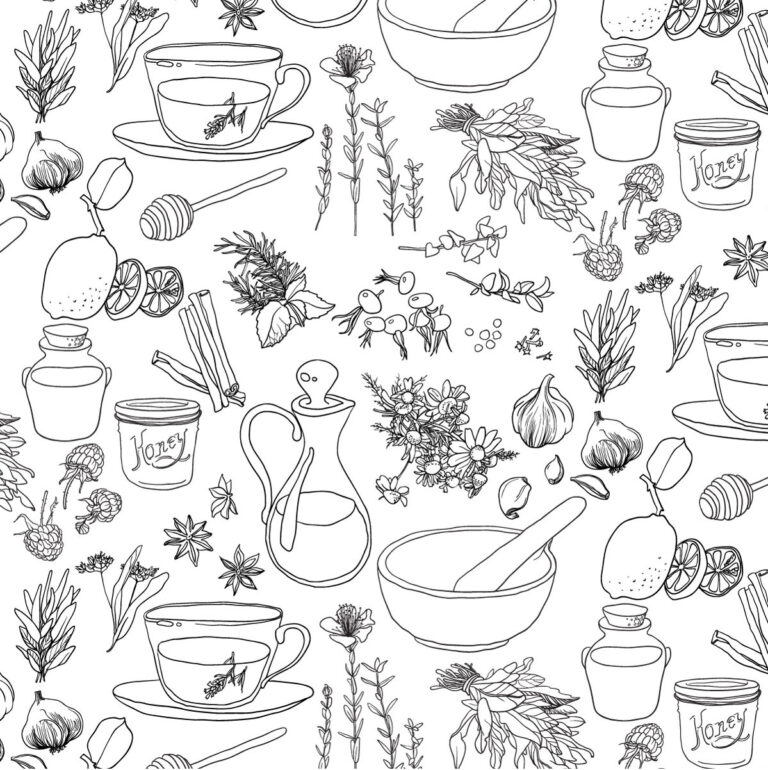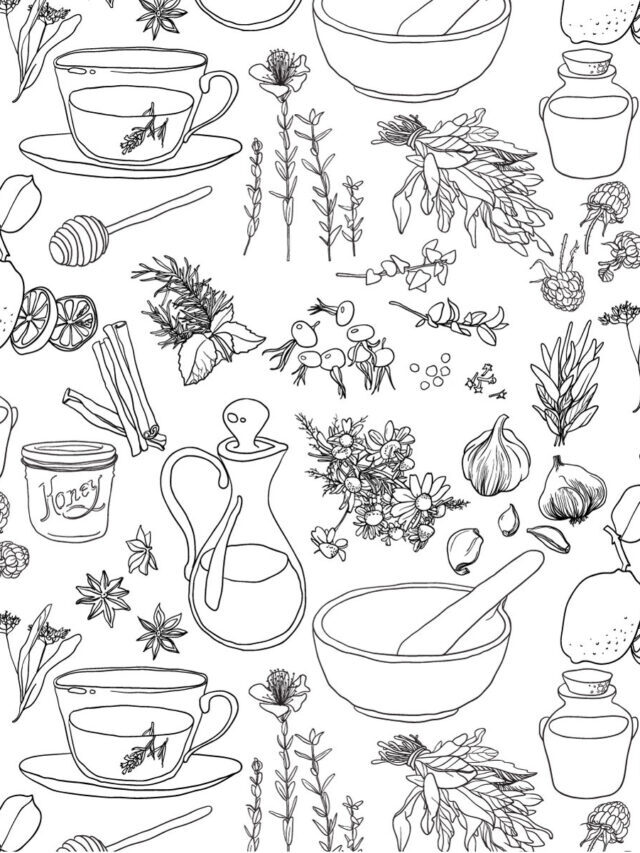Synopsis
The term “Traditional and Alternative Medicine” in common parlance refers to a health care solution system which has been practiced in any particular geography since years. And with the passage of time, it generally became an intrinsic part of life in that region for primary health care assistance.
Read all parts of this series Part 2 I Part 3
Introduction:-
The term “Traditional and Alternative Medicine” in common parlance refers to a health care solution system which has been practiced in any particular geography since years. And with the passage of time, it generally became an intrinsic part of life in that region for primary health care assistance. Such indigenous systems of health care and healing claim to deal with the root cause of problems and not just removal of symptoms. Since being practiced for years, such systems generally have a very rich repository of knowledge. Due to its vast exposure spread over an equally vast time period it is believed to have developed tremendous potential to cure.
One of the key principles of such “Traditional and Alternative Health Care & Healing Systems” is the idea that our body has a natural ability to heal itself and illness is seen as a result of imbalance in our body’s systems. It seeks to restore balance and harmony to our body and improve our overall health and well-being.
Prominent “Traditional and Alternative” systems of Health care and Healing
It’s to be understood that since ages many different types of health care and healing systems have come into existence and gradually got developed as a “system” to cure people within their respective geography and culture.
However, there are some prominent systems which have later become accepted worldwide considering its overall health benefits irrespective of geography. Some major & worldwide accepted systems are produced below with brief information.
Ayurveda
It’s a system of medicine that is originated in India & believed to have been in practice since more than five thousand years. It’s considered as one of the most ancient health care systems. It is based on the core belief that health and wellness depend on a delicate balance between the mind, body, and spirit. It generally includes practices such as herbal medicine, massage, yoga, and dietary therapy. It recognizes each person as unique and therefore requires a personalized approach to health.
According to Ayurveda, there are three doshas, or energy types, that exist within every person i:e:- Vata, Pitta, and Kapha. Each dosha is associated with certain physical and mental characteristics, and an imbalance of one or more doshas is believed to contribute to illness. Treatment plans are tailored to each person’s individual needs and may involve a combination of these practices.
For easy & ready reference to Ayurveda, indian government’s official website can be referred. https://main.ayush.gov.in/
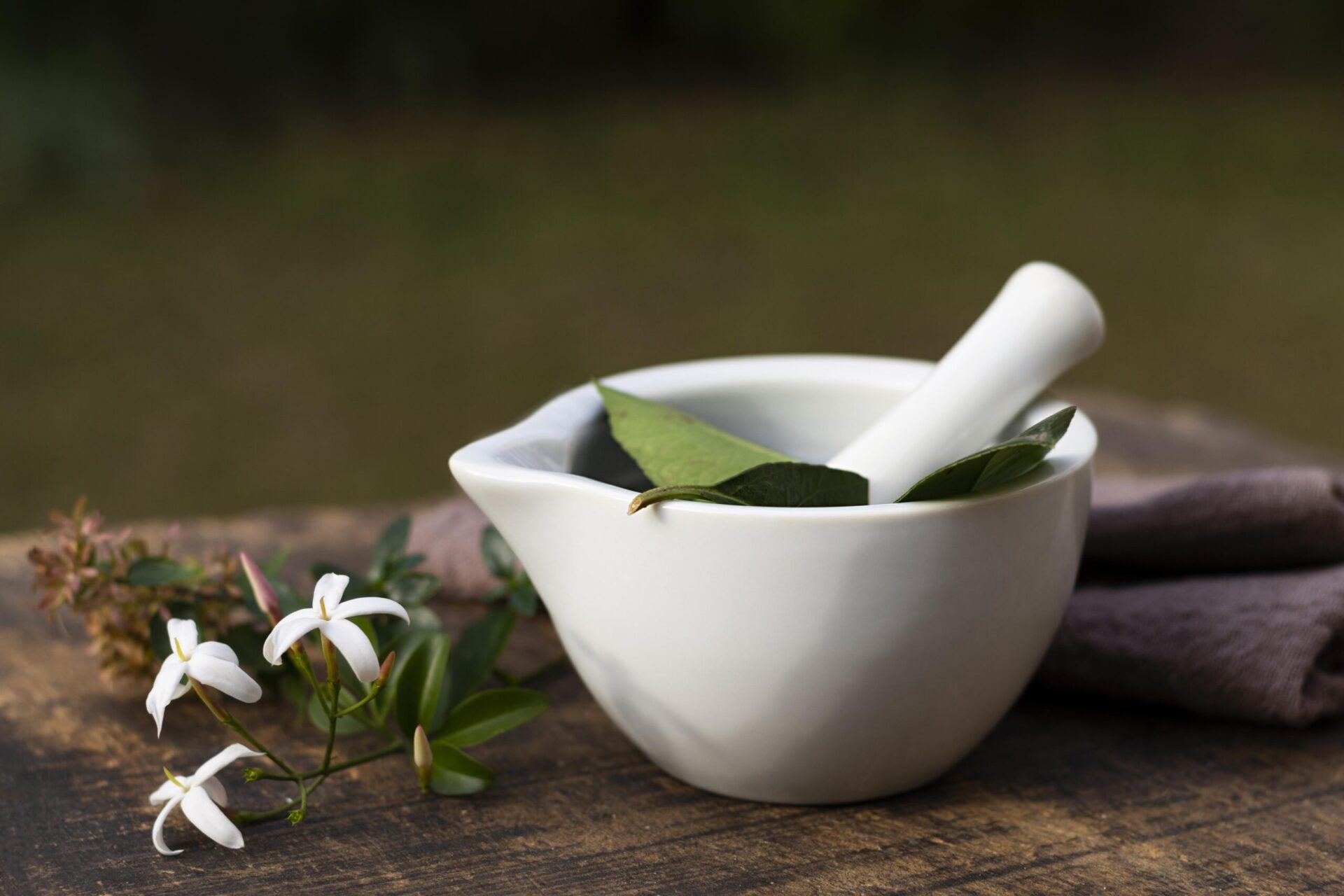
Yoga
It is a physical, mental, and spiritual practice that originated in ancient India over 5,000 years ago. Yoga involves a series of physical postures, breathing exercises, and meditation techniques that aim to improve physical, mental, and emotional wellbeing. The physical postures, or asanas, are designed to stretch and strengthen the body, improve flexibility and balance, and increase energy flow throughout the body. Breathing exercises, or pranayama, are used to calm the mind, reduce stress, and improve respiratory function. Meditation techniques, such as mindfulness and mantra meditation, are used to quiet the mind and improve mental clarity.
Yoga is known to have numerous health benefits, including reducing stress and anxiety, improving cardiovascular health, promoting healthy digestion, reducing inflammation, and improving overall fitness and wellbeing. It is also believed to have spiritual benefits, helping practitioners connect with their inner selves and find greater peace and contentment.
For easy & ready reference to Yoga, indian government’s official website can be referred. https://yoga.ayush.gov.in/
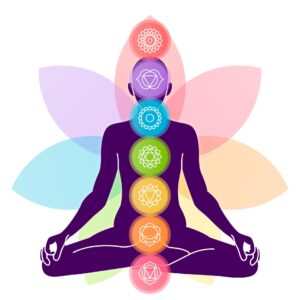
Traditional Chinese Medicine
It’s a system of medicine that is believed to have been in use in China for more than two thousand years. It is based on the concept of qi (pronounced “chee”), which is believed to be the vital energy or life force that flows through the body and is responsible for maintaining health and wellbeing. TCM uses a combination of practices, including acupuncture, herbal medicine, massage, and dietary therapy, to promote health and treat illness.
Herbal medicine uses combinations of plants, minerals, and animal products to create formulas tailored to the individual patient’s symptoms and constitution. Massage, known as Tui Na, aims to stimulate the body’s energy channels and promote relaxation and healing. In TCM, the body is viewed as a holistic system, and illness is seen as the result of imbalances or blockages in the flow of qi. TCM treatments aim to restore balance and promote the body’s natural healing processes.
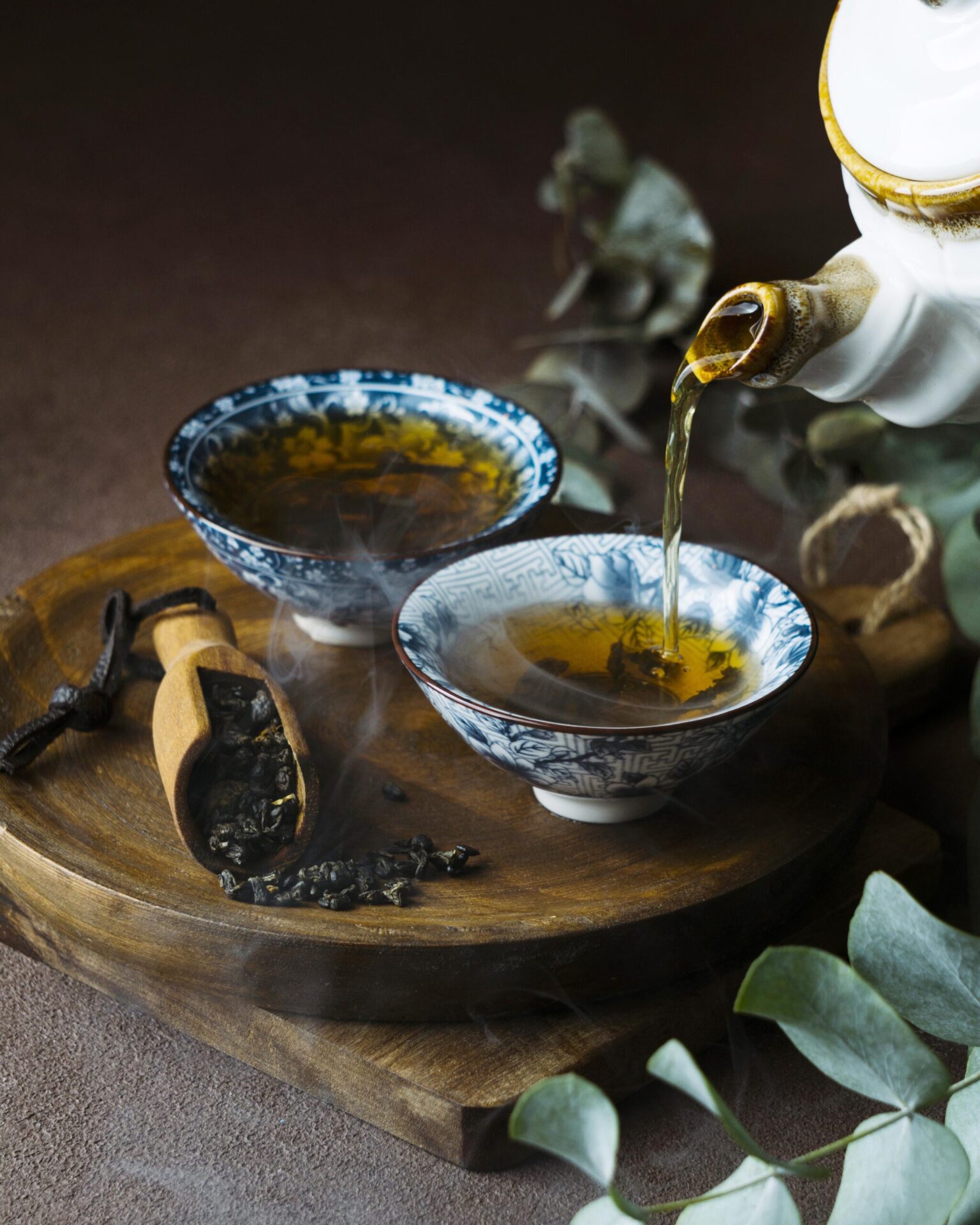
Unani Medicine
Unani medicine, also known as Yunani medicine, is a traditional system of medicine that is believed to have been originated in ancient Greece and was later adopted and developed by the Arabs and Persians. The name “Unani” comes from the Arabic word “Unan,” which means Greece. Unani medicine is based on the principles of the ancient Greek physician Hippocrates, who believed that health was dependent on the balance of four humors or bodily fluids – blood, phlegm, yellow bile, and black bile. According to Unani theory, disease occurs when there is an imbalance in these humors, and treatment involves restoring this balance.
Unani medicine uses a combination of natural remedies, including herbal medicine, dietary therapy, and physical therapies such as massage and cupping, to promote health and treat illness. Herbal medicine plays a central role in Unani practice, and Unani practitioners use a wide range of plant-based remedies, many of which have been used for centuries. It also places great emphasis on preventive medicine, and practitioners believe that maintaining a healthy lifestyle is essential for preventing illness. They may offer advice on diet, exercise, and stress management to promote overall health and wellbeing.

Siddha Medicine
Siddha medicine is a traditional system of medicine that originated in South India and has been practiced for thousands of years. It is based on the principles of Ayurveda and is believed to have been developed by the ancient Tamil sages. Siddha medicine views the human body as a microcosm of the universe, and disease is believed to be caused by an imbalance in the body’s three humors, known as vata, pitta, and kapha. Treatment involves restoring the balance of these humors using a combination of natural remedies, including herbal medicine, dietary therapy, and lifestyle modifications.
Herbal medicine is a central component of Siddha medicine, and practitioners use a wide range of plant-based remedies to treat a variety of conditions. These remedies are prepared using a unique method that involves grinding the herbs with a mortar and pestle and then mixing them with other ingredients such as honey or ghee. In addition to herbal medicine, Siddha practitioners may also use physical therapies such as massage, yoga, and meditation to promote health and wellbeing. They may also offer advice on diet, exercise, and stress management to help patients maintain a healthy lifestyle.
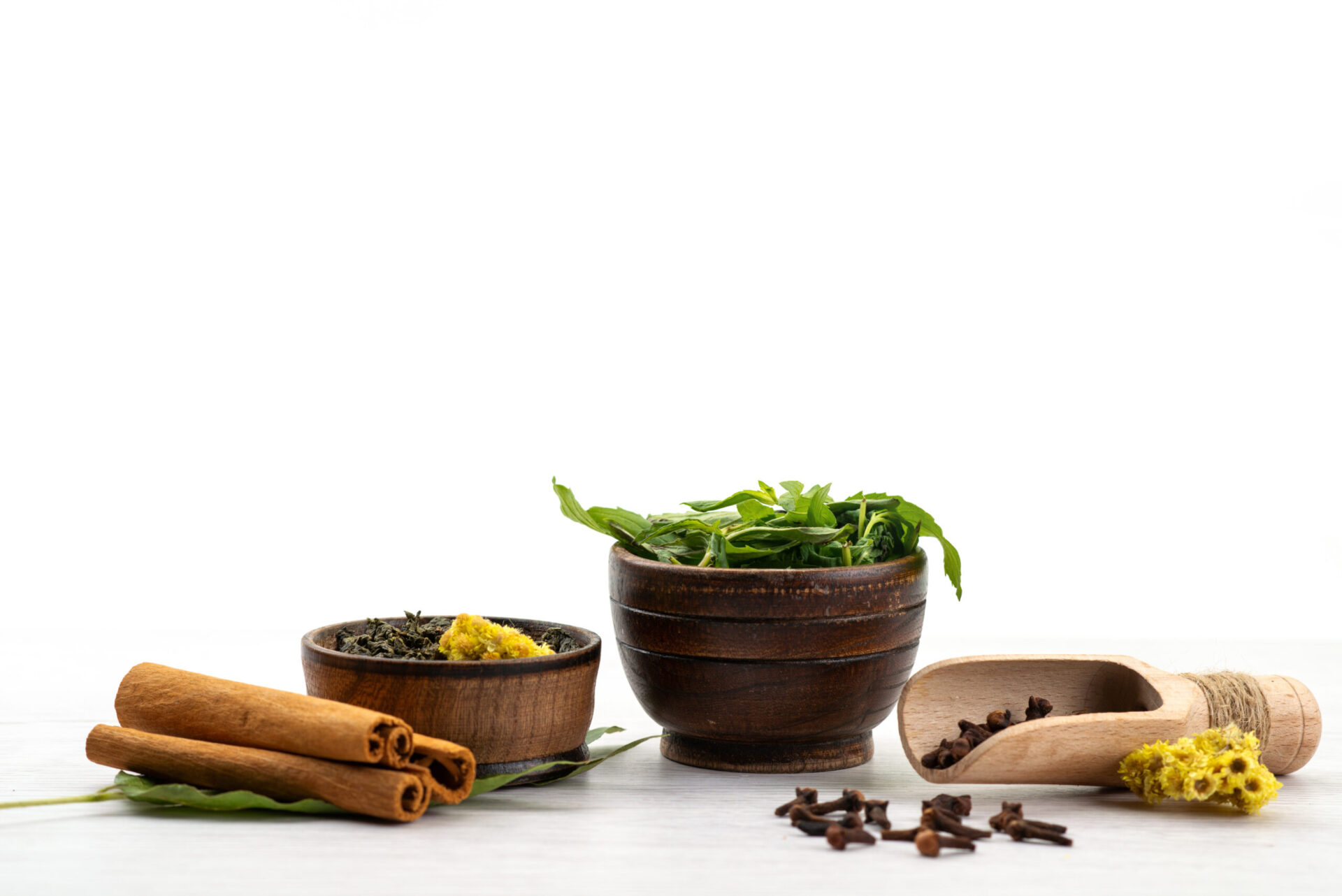
Kampo Medicine
It’s a system of medicine that is believed to have been originated in China and was later adopted and developed by Japanese physicians. It has since been developed and adapted to the specific cultural and medical needs of Japan. It is based on the principles of traditional Chinese medicine (TCM), but has its own unique theories and practices. It uses a combination of herbal formulas, acupuncture, moxibustion, and dietary therapy to promote health and treat illness.
The herbal formulas are made up of a combination of plants, minerals, and animal products, and are prescribed based on the patient’s specific symptoms and constitution. It also emphasizes the importance of maintaining a healthy lifestyle through proper nutrition, exercise, and stress reduction. It views the body and mind as interconnected, and aims to promote balance and harmony between the two.

Effects of “Traditional and Alternative” systems of Health care and Healing
“Traditional and Alternative” systems of medicine can have diverse effects, depending on the specific practice and the individual. However, potential effects can be generalized as below.
- Can provide effective treatment for a wide range of conditions as these systems have been used for centuries to treat a wide variety of health conditions, and many have been scientifically validated.
- May have fewer side effects than some modern pharmaceuticals as many traditional medicines are made from natural ingredients.
- May be more accessible and affordable, particularly in areas where modern healthcare is not readily available or affordable.
- May offer a more holistic approach to health addressing the root cause rather than just treating specific symptoms.
- Can provide immediate relief for certain conditions, for e: g: – acupuncture and massage, have already been scientifically validated to provide relief for certain type of health conditions.
- May carry risks if not used properly, can be toxic or interact with other medications, and should be used under the guidance of a qualified practitioner.
Conclusion
According to WHO, 88% of all countries are estimated to have been using traditional medicine, such as herbal medicines, acupuncture, yoga, indigenous therapies and others. One hundred seventy Member States have reported the use of traditional medicine in their countries. Today, it’s often used in coordination with modern medical treatments, and there is growing interest in its study to ascertain & verify their potential uses and benefits.
Though, it is equally important to note that while traditional and alternative health care systems have been used for centuries and it has its own set of positive side, they should never be used in place of modern medical care for serious health conditions. It is always important to consult a qualified healthcare provider before pursuing any form of medicine, traditional or alternative.
Health Care & Healing : 18 Prominent Traditional and Alternative Systems – Part 2
Health Care & Healing : 18 Prominent Traditional and Alternative Systems – Part 3
